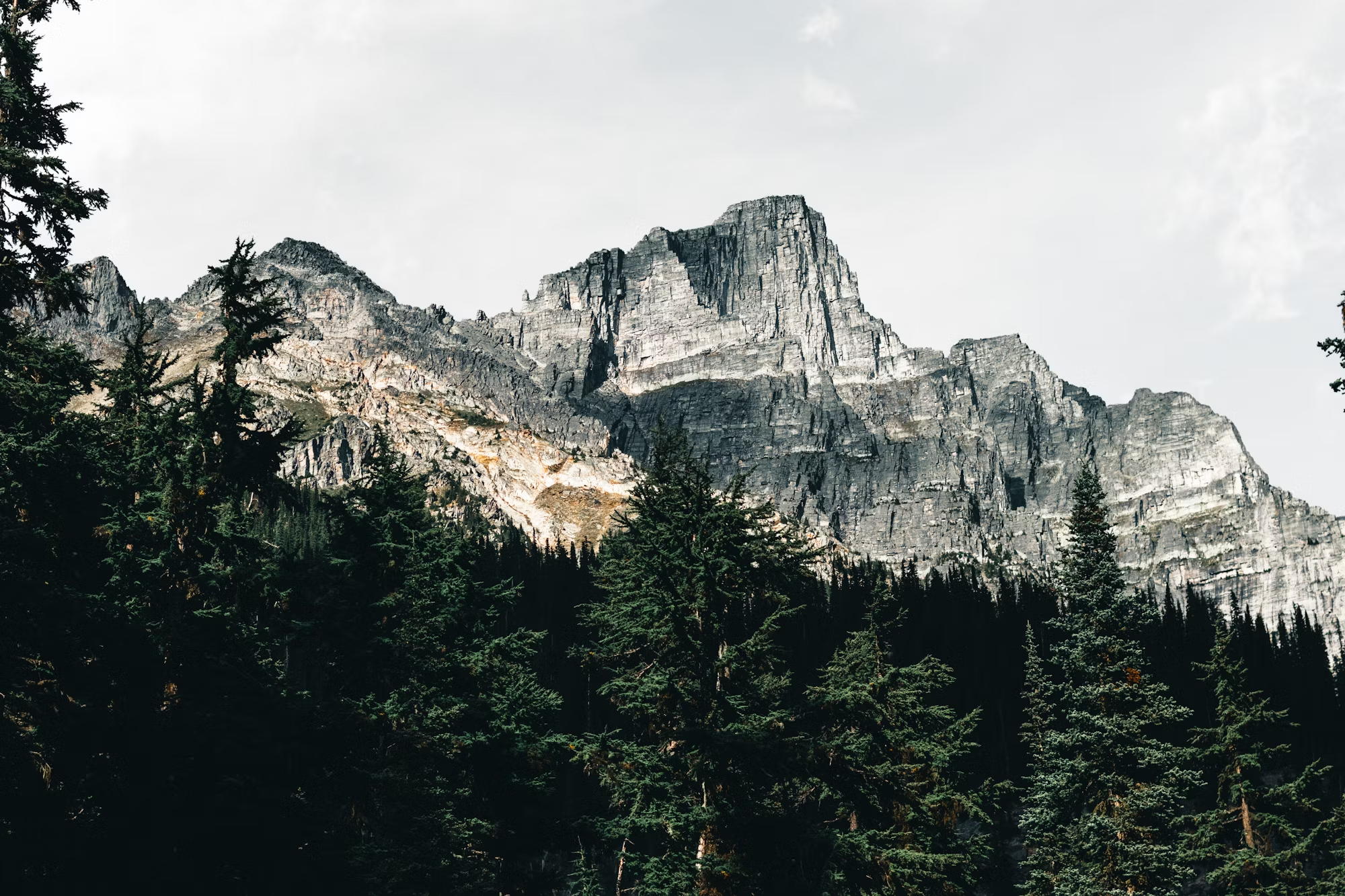Camping is an exhilarating way to connect with nature, offering a break from the routine of everyday life. However, the success of a camping trip often hinges on proper preparation and the right gear. In this article, we will explore essential camping gear, planning tips, and safety measures to help you have an enjoyable and memorable outdoor adventure.
Choosing the Right Gear
Selecting the right camping gear is crucial for your comfort and safety. First and foremost, consider your sleeping arrangements. Whether you opt for a tent, hammock, or RV, your choice will greatly impact your overall experience. If you’re tent camping, invest in a high-quality tent that can withstand various weather conditions. Look for a tent with a waterproof fly, good ventilation, and sufficient space for all campers.
For those who prefer hammock camping, make sure to choose a hammock that is durable and offers good support. Look for features such as a built-in bug net and rain tarp for added protection against the elements. Meanwhile, RV campers should ensure their vehicle is well-maintained and equipped with all necessary amenities, from cooking facilities to comfortable sleeping arrangements.
Sleeping bags are another essential piece of camping gear. Choose a sleeping bag that is appropriate for the season and temperature range you expect. A three-season sleeping bag is versatile and suitable for spring, summer, and fall camping. Additionally, consider a sleeping pad or air mattress for extra comfort and insulation from the ground.
Cooking and Food Preparation
Food plays a central role in any camping experience, and having the right cooking gear is essential. A portable stove or campfire setup will allow you to prepare meals with ease. When selecting a cooking system, consider the size, weight, and fuel source. Gas stoves are popular for their efficiency, while traditional campfires provide a rustic experience.
In addition to a cooking system, bring along essential cooking utensils, including pots, pans, a spatula, and a cutting board. Don’t forget to pack a cooler to keep perishables fresh, along with a supply of non-perishable snacks like nuts, granola bars, and dried fruit. Meal planning before your trip can help you avoid excess food waste and ensure you have everything you need.
Clothing and Personal Items
The clothing you bring on your camping trip should be appropriate for the weather and activities you plan to engage in. Layers are key; pack moisture-wicking base layers, insulating mid-layers, and waterproof outer layers to adapt to changing conditions. Sturdy, comfortable footwear is also essential for hiking and exploring. Consider bringing sandals for relaxing at the campsite and a pair of sturdy boots for more challenging terrain.
Personal items, such as toiletries, first aid kits, and insect repellent, are often overlooked but crucial for your comfort and safety. A compact first aid kit can address minor injuries, while sunscreen will protect your skin from UV rays. Insect repellent is essential in areas where bugs are prevalent, ensuring you can enjoy the great outdoors without constant interruptions.
Planning Your Trip
Before heading out, it’s important to plan your camping trip carefully. Choose your destination based on the type of experience you want—whether it’s a family-friendly campground or a remote backcountry site. Research the area to understand the available amenities, activities, and regulations. Make reservations in advance, especially during peak seasons, to secure your spot.
Create a rough itinerary that outlines your daily activities, including hiking trails, fishing spots, or other adventures. Sharing your itinerary with a trusted friend or family member is a good safety measure, ensuring someone knows your plans in case of any changes.
Safety Measures
Safety is paramount while camping. Familiarize yourself with the area and its potential hazards, such as wildlife or weather conditions. Learning about the local flora and fauna can help you understand how to avoid dangerous encounters. For instance, bear country requires specific food storage techniques to prevent attracting wildlife to your campsite.
Always follow Leave No Trace principles to protect the environment and ensure future campers can enjoy the same beauty. This includes properly disposing of waste, minimizing campfire impact, and respecting wildlife. Familiarize yourself with fire safety protocols, especially if you plan to cook over an open flame. Have a designated fire area and ensure the fire is completely extinguished before leaving the site.
Enjoying the Experience
Once you’ve arrived at your campsite, it’s time to enjoy the fruits of your planning. Embrace the opportunity to disconnect from technology and immerse yourself in nature. Activities like hiking, fishing, swimming, or simply relaxing by the campfire can create cherished memories.
Engaging in group activities can strengthen bonds among family and friends. Consider organizing games, group hikes, or storytelling sessions around the fire. The beauty of camping lies in shared experiences, fostering connections that can last a lifetime.
Capture the moments through photography or journaling to document your adventure. Sharing stories and reflecting on your experiences can enhance the joy of your camping trip, creating a lasting narrative of your time spent in nature.
Embracing Flexibility
While planning is essential, it’s equally important to remain flexible during your camping trip. Weather conditions can change unexpectedly, and being adaptable allows you to make the most of your experience. If rain forces you to alter your hiking plans, consider exploring nearby attractions or enjoying downtime at the campsite.
Similarly, be open to meeting fellow campers and sharing experiences. The camping community often thrives on camaraderie, and you might find new friends or valuable tips from fellow outdoor enthusiasts.
Conclusion
Camping is an enriching experience that allows individuals and families to connect with nature and create lasting memories. By preparing adequately with the right gear, planning your trip thoughtfully, and embracing safety measures, you can ensure a successful and enjoyable adventure in the great outdoors. Whether you’re cooking over a campfire, exploring scenic trails, or simply relaxing under the stars, the joys of camping await those who venture into nature. So pack your bags, gather your friends or family, and prepare for an unforgettable journey!
